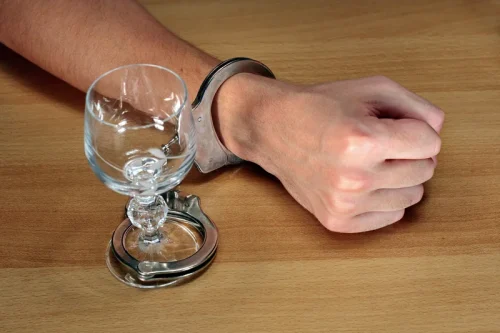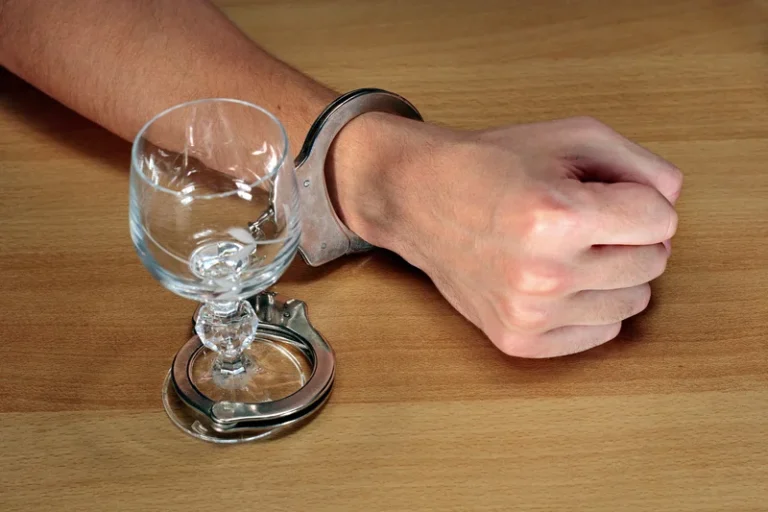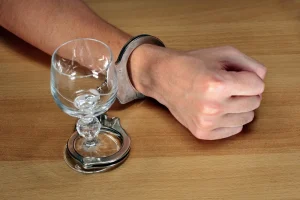
An inpatient rehab program provides the opportunity to focus solely on managing your condition and improving your quality of life. With inpatient programs, you temporarily live at a treatment center and participate in group and individual therapy sessions and other activities. The length of time you spend in inpatient programs depends on individual needs, but most last 30, 60, or 90 days. Long-term residential programs and some outpatient care options may last up to a year or longer.

Day Program

Treating these conditions simultaneously can extend the length of treatment time as both areas need to be carefully managed to ensure effective recovery. The substance being abused plays a significant role in determining rehab length. Whether you’re seeking treatment for yourself or a loved one, understanding how long rehab may take is essential to creating realistic expectations and planning for success. All of the information on this page has been reviewed and verified by a certified mental health professional. Understanding these differences can help individuals choose the most suitable program for their specific circumstances, ultimately enhancing their chances of successful recovery.
Inpatient/Residential Treatment
While a certain length of stay may be appropriate for one person, it may not be appropriate for another. Many treatment facilities typically offer patients short-term stays between 28 to 30 days. However, certain residential facilities may also offer extended stays for an additional fee, how long is drug rehab provided the patient is showing positive signs of recovery.
How Long Do People Stay In Rehab?
Through workshops and counseling, patients are encouraged to adopt healthier lifestyles, including regular exercise, a balanced diet, and adequate sleep. Rehab programs teach various stress management techniques to help patients handle life’s pressures without resorting to drugs or alcohol. Outpatient rehab provides addiction treatment services while allowing the patient to stay at home.
- At Clear Behavioral Health nutrition is taken seriously since it’s one of the best supports during recovery.
- You have time to go through physical withdrawal, begin learning relapse prevention strategies, focus on mental health issues, and work on family or relationship issues.
- The main benefit of outpatient rehab programs is that you can stay home and practice recovery skills outside of addiction treatment.
- How long an addiction treatment program will last depends on a variety of factors, including the severity of the addiction, the person’s motivation to recover, and more.
- Because they often include additional therapy treatments and activities, dual-diagnosis programs may last additional days, weeks, or months compared to standard inpatient or outpatient rehab.
- Although, many post-acute withdrawal symptoms can stay with people for years after stopping using.
Long-Term Drug Rehab Programs for Dual Diagnosis Treatment and Mental Health Disorders (6 Months–2 Years)

Extended rehab programs focus on building coping mechanisms and life skills essential for maintaining sobriety post-treatment. Patients learn stress management, time management, and problem-solving techniques while participating in group therapy and peer support networks to enhance confidence and independence. Rehab stays can go up to a year or more, depending on the type of program you join. This is especially true for those in long-term programs or receiving some kind of specialized care.
This guide looks at the drug and alcohol recovery timeline and how long it takes to break an addiction. The FHE Health team is committed to providing accurate information that adheres to the highest standards of writing. This is part of our ongoing commitment to ensure FHE Health is trusted as a leader in mental health and addiction care. Almost 40.3 million U.S. residents over the age of 12 suffered from substance use disorder in 2020. Although there are varying levels of dependence, those who develop an addiction often can’t stop on their own. At any dependence level, our addiction programs at FHE Health can alcohol rehab help you reclaim your life.







